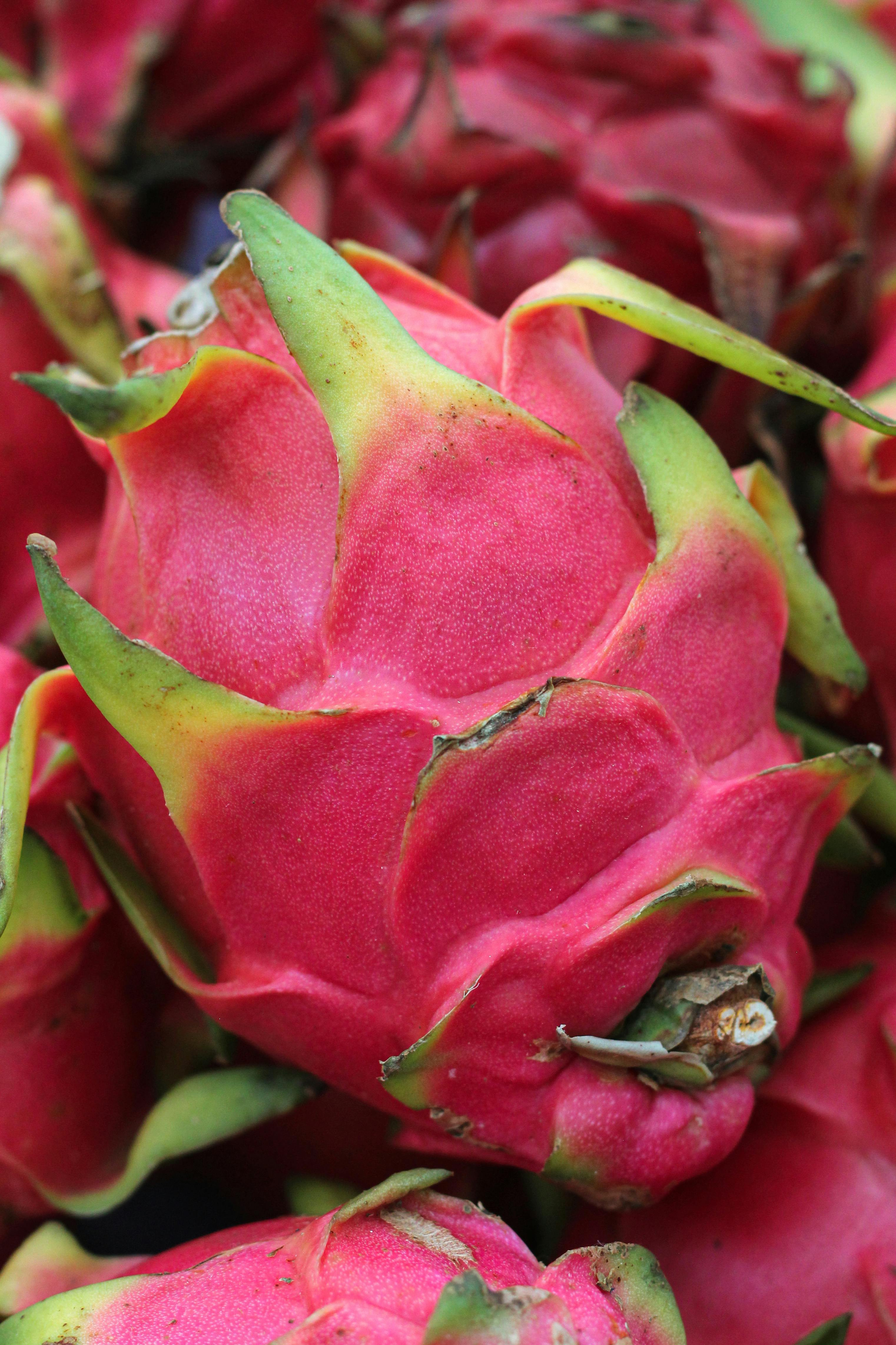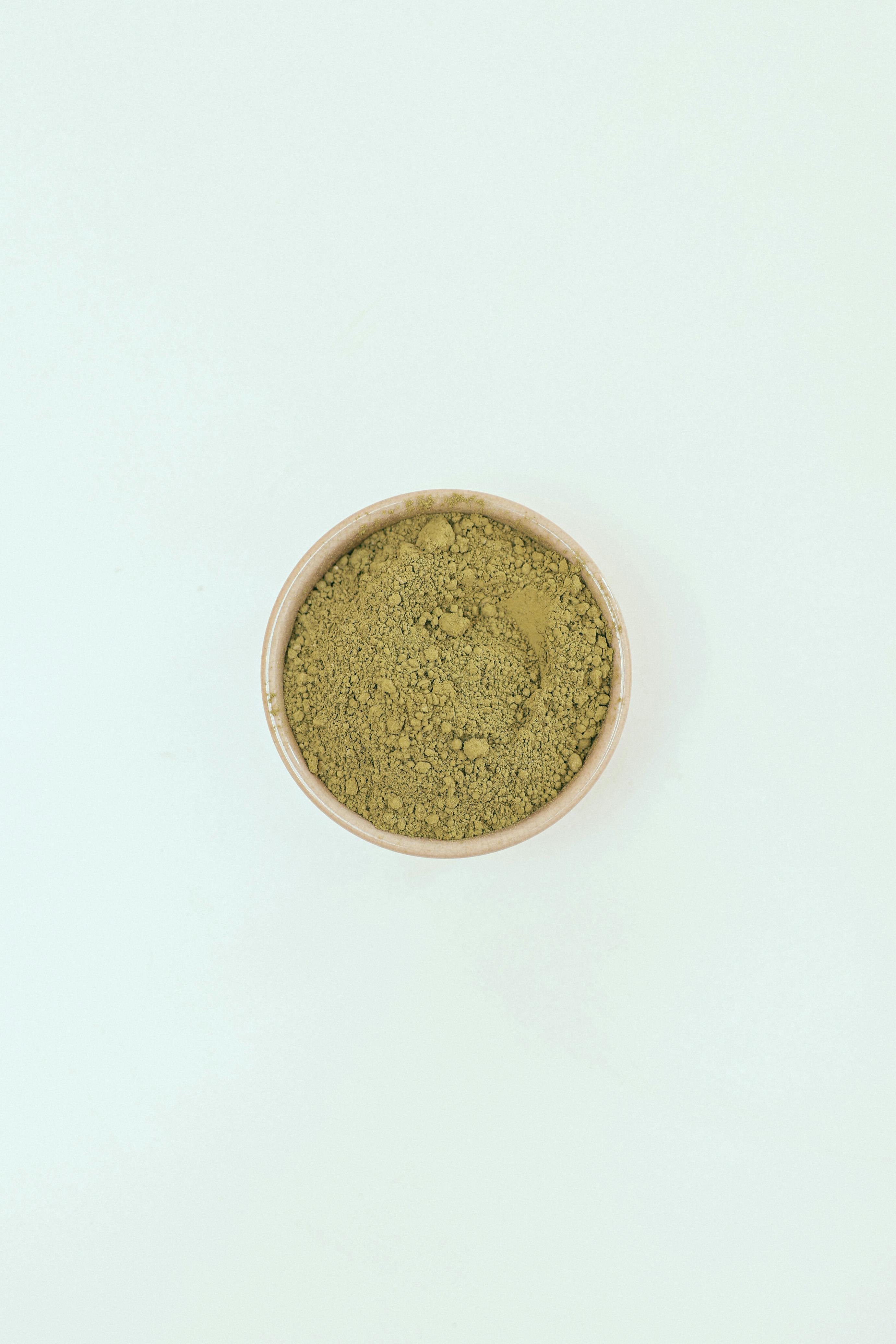The Essential Guide to Maine Coon Diet: Best Foods for Optimal Health in 2025
Maine Coons are one of the most beloved cat breeds, known for their friendly personalities and striking appearance. However, a well-rounded Maine Coon diet is crucial for maintaining their health and vitality. In this comprehensive guide, we'll delve into everything from dietary needs to the best food options available in 2025. Our goal is to help you navigate the vast choices available and make informed decisions that lead to a healthier and happier Maine Coon.
Maine Coon Nutritional Needs
Understanding the specific Maine Coon nutritional requirements is essential for providing a diet that promotes longevity and optimal health. These large felines require a balanced mix of proteins, fats, vitamins, and minerals to support their robust physique. The unique characteristics of the Maine Coon breed necessitate particular attention to their protein intake, given their active nature and energy needs.
Protein Requirements for Maine Coons
The energy levels and playful nature of Maine Coons make it imperative to focus on their protein intake. Generally, a diet with at least 25-30% protein is recommended to sustain their muscle mass and energy. High-quality animal protein sources, such as chicken, turkey, and fish, should be prioritized in commercial Maine Coon food. Furthermore, incorporating essential fatty acids into their diet can also contribute positively to their fur health and vitality.
The Role of Vitamins and Minerals
Your Maine Coon's diet should also be rich in essential vitamins and minerals. Taurine, an amino acid crucial for heart function and vision, stands out among these nutrients. A deficiency in taurine can lead to severe health issues, including heart disease. Be sure to choose foods that are fortified with vitamins like B-complex, vitamin E, and minerals such as calcium and phosphorus. These contribute not only to your pet's physical health but also to their overall wellbeing.
Maine Coon Dietary Restrictions
Like any other breed, Maine Coons may face specific dietary restrictions or allergies. Some Maine Coons can be sensitive to particular ingredients in their foods, such as grains or certain meats. Being mindful of these can prevent health issues and ensure their dietary needs are met effectively. Regularly monitoring your cat’s reaction to new food types and consulting with a veterinarian can provide valuable insights into maintaining a suitable diet.
Choosing the Best Food for Maine Coons
With the plethora of food options available in 2025, selecting the right food for your Maine Coon can feel overwhelming. It’s crucial to look for foods specifically designed for large breeds, as they typically meet the higher calorie requirements of Maine Coons.
Commercial Maine Coon Food vs. Homemade Meals
When deciding whether to opt for commercial Maine Coon food or homemade Maine Coon meals, both options offer distinct advantages. **Commercial cat food** is often nutritionally complete and is formulated to meet specific needs. However, preparing homemade meals for your Maine Coon can ensure that they receive high-quality ingredients tailored to their health. If you choose the homemade route, it’s essential to familiarize yourself with safe and nutritious recipes for Maine Coons that meet their dietary requirements.
Best Kibble and Wet Food for Maine Coons
Finding the right combination of kibble and wet food for your Maine Coon can promote both hydration and dental health. High-quality Maine Coon kibble should consist of high protein content and beneficial fats. Pairing kibble with Maine Coon wet food enhances hydration, which is crucial for preventing urinary tract issues common among larger cats. Look for reputable brands that respect the nutritional integrity of their products.
Maine Coon Treat Recommendations
Choosing treats for your Maine Coon can also play an essential role in their overall diet. Opt for homemade treats for Maine Coons that have minimal fillers and additives. Simple recipes using chicken or fish can provide healthy snacks that your furry friend will love. Additionally, keep Maine Coon dietary restrictions in mind when selecting treats, ensuring you’re providing safe options free from allergens.
Maine Coon Feeding Schedules
Creating a reliable feeding schedule is vital for maintaining your Maine Coon's health. Structured meal times can help establish routine and prevent issues related to overeating or obesity.
Maine Coon Meal Frequency
Most adult Maine Coons thrive on two meals per day, spaced evenly to regulate their weight and energy levels. For kittens, the feeding frequency should be higher to support their rapid growth—three to four meals daily are suggested. Adhering to these frequencies can help manage their appetite while aligning with their energy needs.
Portion Control for Weight Management
Maintaining a healthy weight is vital for your Maine Coon, given their predisposition towards feline obesity. Understanding the portion control for Maine Coons will ensure your cat is fed adequately without overeating. Standard guidelines on food packaging can help determine appropriate serving sizes, but always consider individual differences in activity levels and metabolism.
Monitoring Maine Coon Health Through Diet
Regular check-ins with a veterinarian can help you assess whether the diet is proving beneficial or if adjustments are necessary. This proactive approach in observing your Maine Coon's weight, energy levels, and overall health can result in lasting positive outcomes, allowing you to ensure they receive the nutrients they need as they age.
Transitioning Maine Coons to New Food
When introducing a new food to your Maine Coon’s diet, gradual transition is key in preventing digestive upset.
Guide to Transitioning Maine Coons to New Food
Start by mixing a small amount of the new food with their current food, gradually increasing the new food's proportion. This gradual shift over a week will not only help your Maine Coon accept the new taste but also allow their digestive system to adjust without discomfort.
Identifying Food Preferences in Maine Coons
Understanding Maine Coon food tastes can guide your decisions surrounding their diet. Each cat has unique preferences; some may love fish-based foods while others prefer poultry. Conducting taste tests can reveal their favorites, leading you to choose the best food choices that align with their palate and nutritional needs.
Tracking Maine Coon Health Improvements
As dietary adjustments are made, keep an eye on any changes in your Maine Coon’s coat, behavior, and overall appearance. A healthy diet should manifest in a shiny coat, increased energy, and improved mood. Regularly assessing and documenting these aspects can aid in determining if your dietary strategy is working.
Key Takeaways
- Focus on high protein intake and essential nutrients to meet Maine Coons' unique dietary requirements.
- Both commercial food and homemade meals can play significant roles in a balanced diet.
- Establishing a structured feeding schedule aids in weight management and routine.
- Gradually transitioning to new food helps prevent digestive upset.
- Monitor health improvements to assure your Maine Coon is receiving adequate nutrition.
FAQ
1. What is the best diet for a Maine Coon?
The best diet for a Maine Coon includes a high-quality protein source, essential fatty acids, and proper vitamins and minerals. Look for formulas designed specifically for large breeds, offering around 25-30% protein to suit their needs.
2. Can Maine Coons eat homemade meals?
Yes, Maine Coons can eat homemade meals provided they are balanced and meet their nutritional needs. Use quality ingredients and follow suitable recipes that ensure a balanced diet.
3. How often should I feed my Maine Coon?
Adults should ideally be fed twice a day, while kittens benefit from three to four meals distributed throughout the day for proper growth and energy supply.
4. What are common foods that Maine Coons can be allergic to?
Some Maine Coons may be allergic to grains, fish, or certain meats. It’s essential to monitor their reactions and consult with a veterinarian for suitable alternatives.
5. How much food should I portion for my Maine Coon?
The recommended portion sizes vary by the specific food brand and your respective Maine Coon’s weight and age. Practically, assess portion recommendations on the food label and adjust based on activity levels while observing weight.
6. Is it necessary to provide supplements for Maine Coons?
While a balanced diet typically covers all nutritional needs, certain Maine Coons may benefit from supplements, particularly if they have specific health concerns highlighted by a veterinarian. Regular check-ups can help in determining these needs.
7. Should I avoid any specific human foods for my Maine Coon?
Certain human foods like chocolate, onions, and garlic should be avoided as they can be toxic to cats. However, safe human foods can include various meats and some fruits like blueberries, provided they're given in moderation.


